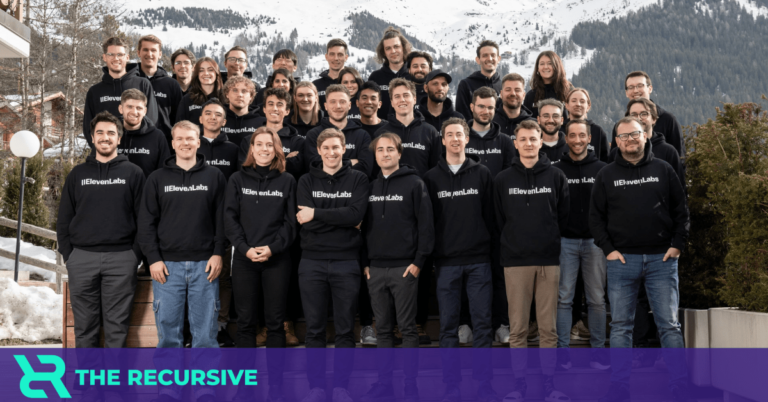Since the start of 2024, things in the field of AI have been on a positive trajectory for Poland. In January, a €73.6 million Series B investment propelled Polish ElevenLabs and its text-to-speech synthesizer to market leadership. unicorn status at only 2 years old.
Throughout the year, the Polish AI startups attracted almost 171 million eurosalmost double the 2023 amount €91 million. Notable funding rounds were raised by Campus AI (€9.2 million), Nomagic (€8 million), Synerise (€7.8 million), SKY ENGINE AI (€6.4 million) and Edrone (€4.7 million).
In the region, Poland leader in number of transactionsthus consolidating its position as an AI hub in the CEE countries. This success is due to its strong entrepreneurial heritage, focus on early-stage startups, substantial capital infusion, and commitment to advancing AI education.
On the investment side, the last two years Polish venture capitalists are increasing more and more amounts of private capital and participate in higher co-investment rounds. According to research carried out for the State of AI in CEE 20249 Polish venture capital funds raised new money in 2024, amounting to 430.43 million euros.
The information in this article is based on The Recursive’s State of AI in 2024 report. Download it here and get the latest insights on the CEE startup ecosystem.
When it comes to the ecosystem, one of the most important players – the Digital Poland Association (DPA), is on the right track. This year, the DPA was created Digital Coalition of EECs as an informal gathering of digital and advanced technology organizations from Central and Eastern Europe. They also started the AIPoland Initiative promoting the Polish AI ecosystem and enabling collaboration between Polish and foreign entities in various fields.
Furthermore, constituted as a sort of pressure group, Poland created a AI Room. Its objective is to support the responsible development of AI in the CEECs through various activities – from market research to supporting the implementation of AI solutions in different areas of the economy.
Finally, an important news in the field of AI for Poland this year was the start of their Polish equivalent of ChatGPTcalled PLLuM (Polish Large Language Universal Model), designed to be open source and freely available.
Startups mobilized from local and international venture capital firms
As the report’s data shows, the Polish startup ecosystem continues to thrive, with notable new companies gaining traction:
- CampusIA raised €10 million in pre-seed funding develop a virtual AI training platform offering customizable learning paths.
- Evidence secure €2.4 million from Bek Ventures, Expeditions Fund, Step Function Ventures, RTP Global and angel investors to streamline the proof-of-concept process for API-centric software sales.
- Zeta Laboratories raised €2.7 million to develop its AI agent, JACE, in a funding round led by Daniel Gross and Nat Friedman, with participation from Bek Ventures, Kaya VC, Bartek Pucek, Mati Staniszewski and others.
- Smart school secured €1.42 million from Inovo VC, The Explorer Fund and angel investors including Andreas Michaelides and Konrad Howard for its K-12 AI learning assistant, Yoko.
- Quantity raised €1.14 million from Inovo VC and Team X to optimize product sales for businesses using AI-driven market insights.
Looking ahead, the Polish startup ecosystem is one that has the potential to progress in a Western way. Given its financial capabilities, its skilled population and the country’s brand that has already attracted names like OpenAI, this CEE is poised to make big waves in the startup world.

